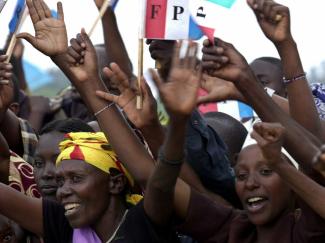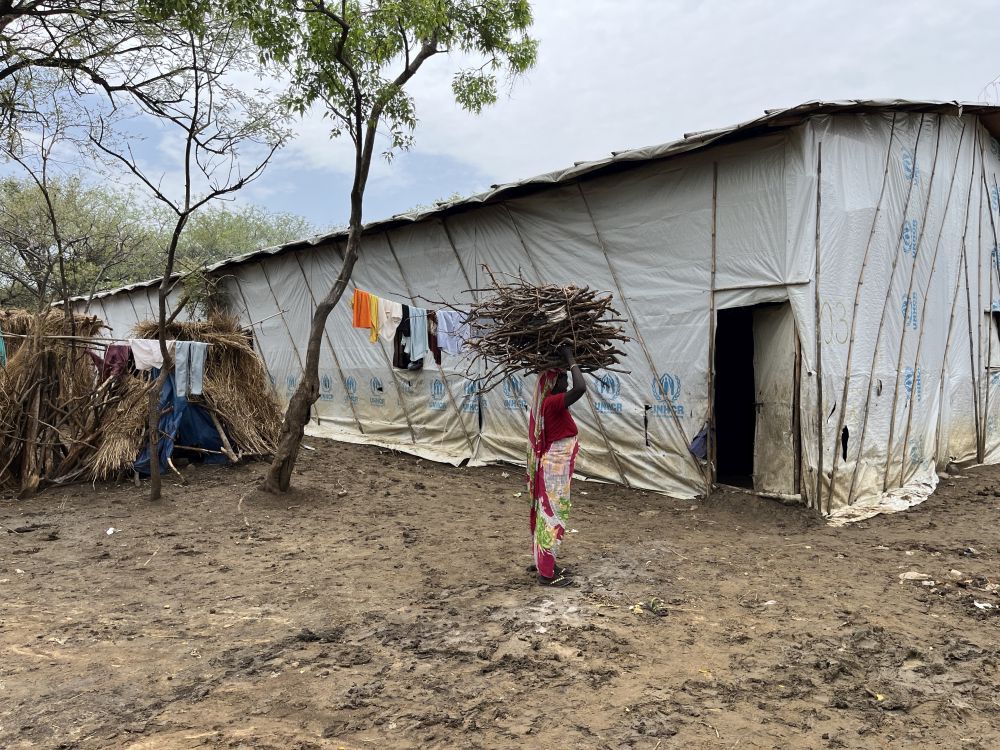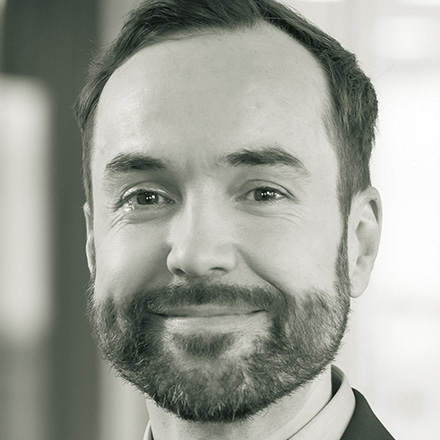Conflict regions
Women for peace

The OECD publication concludes that greater gender equality fosters statebuilding. At the same time, bolstering fragile states improves the lives of women and girls. The study highlights the following reasons:
- Conflicts and fragile statehood affect women differently than men. In 2000, the UN Security Council adopted Resolution 1325, addressing the special needs of women in conflict zones. Women are more likely to be the victims of war crimes and represent the majority of refugees worldwide. In fragile states, they are disproportionately affected by high rates of rape and other crimes. However, their needs are rarely taken into account because statebuilding is usually considered men’s work.
- Women can contribute a great deal to statebuilding, as Resolution 1325 acknowledged. Unless women get opportunities to participate in public affairs, a state will not serve all of its people well. For instance, men typically control the security sector. As a result, female victims of sexual violence are often reluctant to appeal to male-dominated security forces. Female law enforcement officers are urgently needed so security forces will protect the entire populace.
- Power relations between men and women change after a conflict. Many men no longer perform traditionally “male” tasks such as earning money, so opportunities arise for women. Such change will not be sustained, however, unless women’s growing responsibility is backed up by formal rights. The examples of Rwanda and Nepal show that it helps to give women more opportunities for political participation as part of peace- and statebuilding.
- Sometimes statebuilding activities worsen the lives of women and girls even though they are intended to do the opposite. Quotas or similar attempts to improve women’s economic status can backfire if they do not fit the social context or neglect male attitudes. For instance, programmes to boost women’s income may trigger more domestic violence if husbands do not approve.
- Nowadays it is generally accepted that gender equality serves a country’s economic development. In the aftermath of a conflict, poverty can be significantly reduced by allowing women to legally own the land they cultivate, even if their husbands are dead or missing.
Recognising connections
The authors of the OECD study argue that donors do not sufficiently understand the relationship between statebuilding and gender equality. According to them, donors often assume that they have done enough to promote equal rights if they carry out a few projects in support of women. The OECD is calling for a much larger effort however. It wants donors to investigate what access men and women have to things like power, resources, income and education in conflict-affected regions. Based on such information, donors should then consider the positive or negative impacts of every measure they take in regard to gender relations.
The study warns, however, that most locally deployed development workers are not trained in gender analysis. It also points out that most donor organisations are not good role models either. In regard to statebuilding, they let men take most decisions. Furthermore, too little research has been done on how development projects affect the relationship between the sexes.
The OECD study praises some positive examples of fragile states that strengthened the role of women during reconstruction. East Timor set quotas for women in its 2001 election and publicly promoted female candidates in the media. The outcome was that women made up 26 % of the legislature. In Rwanda, the UN Development Programme (UNDP) and the Inter-Parliamentary Union (IPU) organised a seminar with policymakers to discuss how the new constitution could incorporate women’s rights. Many experts now consider the Rwandan constitution to be one of the most gender sensitive in the world.
According to the OECD, the informal role that women can play in peace processes must not be underestimated. Denmark is training female mediators in Liberia and Kenya to prevent conflicts at the local level. Also in Liberia, a women’s network is demobilising former combatants; their work helps to defuse new potential conflicts. There is even a Global Network of Women Peacebuilders that connects women from conflict-affected countries all over the world and encourages them to take part in peace processes.
Call for action
The OECD study calls upon donors to mainstream gender issues more systematically in statebuilding strategies. It points out that conflict analyses should always consider local customs and traditions that define gender roles in regard to security, political participation or business. Moreover, donor agencies are told to broaden their understanding of gender-sensitive statebuilding by evaluating their programmes more thoroughly, documenting them and sharing their insights with other international agencies and partner countries. Donors should also look for ways to improve their own organisations.
Finally, the OECD wants donor agencies to increase efforts to reach out to small organisations at various levels. According to the OECD, grassroots organisations of women often provide valuable insights into local settings. They can also contribute good ideas. At the international level, the OECD is calling for gender and statebuilding to be included in the post-2015 global development agenda (see focus section in E+Z/D+C 2013/7-8, p. 276 ff.). Vera Dicke











